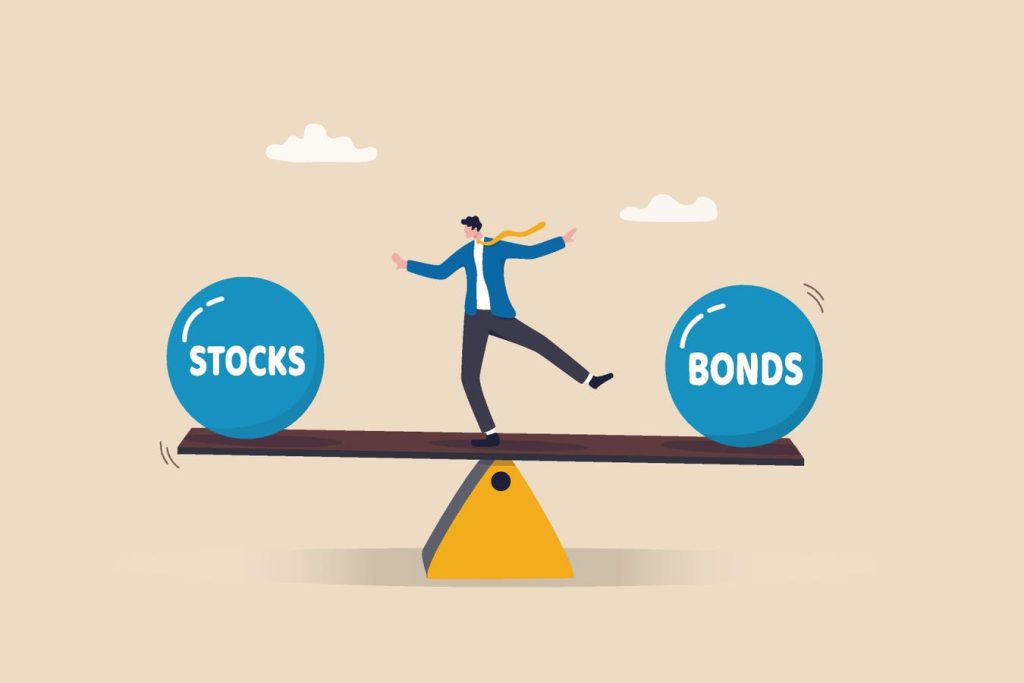(Reuters) – Moody’s (NYSE:) on Friday changed the outlook on the government of United States of America’s ratings to “negative” from “stable”.
The rating agency said it expects United States’ fiscal deficits will remain very large, significantly weakening debt affordability.
Moody’s affirmed the long-term issuer and senior unsecured ratings at “Aaa”.
COMMENTS:
REPUBLICAN REPRESENTATIVE ANDY HARRIS, ON X SOCIAL MEDIA
“Moody’s just downgraded our credit rating outlook to negative because of our out-of-control government spending and deficits. We cannot, in good conscience, continue writing blank checks to our federal government knowing that our children and grandchildren will be responsible for the largest debt in American history.”
REPUBLICAN SENATOR JOHN CORNYN, ON X SOCIAL MEDIA
“Bidenomics: United States credit-rating outlook was changed to negative from stable by Moody’s Investors Service, which said the downside risks to the country’s fiscal strength have increased.”
STEVEN RICCHIUTO, U.S. CHIEF ECONOMIST, MIZUHO SECURITIES USA LLC, NEW YORK
“The behavior that’s taking place on Capitol Hill in terms of not dealing with the fiscal situation when you’ve got a $1.5 trillion structural deficit is clearly a problem that will be reflected in terms of the market.
“I think it was a mistake for them to do it on a Friday afternoon because that means the first market that is going to react to it is Japan. The Japanese are significant holders of U.S. debt and it’s a much less liquid market. Therefore, you could wind up with a bit more of an outside immediate response in the overseas market come Sunday night.”
THIERRY WIZMAN, GLOBAL FX & INTEREST RATES STRATEGIST, MACQUARIE, NEW YORK
“I certainly don’t think that Moody’s is saying anything at this point that traders in the broader market don’t already know or haven’t already figured out.
“Moody’s decided that they needed to converge with the market’s view, which is that the U.S. is from the sovereign risk perspective, is clearly a less safe place to invest in than it was pre-COVID and before this run up in debt.”
MICHAEL GREEN, CHIEF INVESTMENT STRATEGIST, SIMPLIFY ASSET MANAGEMENT, NEW YORK, NY
“All that Moody’s doing is they’re acknowledging that the path that we’re on right now is politically dysfunctional, and that if we continue on it, either through much higher level of interest rates or through the political dysfunction, that lowers the probability that we can effectively address financial issues if they emerge.”
“I don’t think that there is a significant consequence. I would hope that the message is interpreted by both Republicans and Democrats as a warning sign that the U.S. needs to start behaving in a more fiscally responsible manner and governing in a more cohesive framework.”
JACK ABLIN, CHIEF INVESTMENT OFFICER, CRESSET CAPITAL, CHICAGO
“It’s not about our ability to pay, it’s just an indictment of our governance and how our Congress and essentially the legislature manage our finances.”
“I think that it really is a governance issue and I think the question is how we can navigate extending this debt ceiling and getting a budget passed.”
“I don’t think this is enough necessarily to rattle the cages of bond market vigilantes but I don’t see any light at the end of that governance tunnel.”
“The problem is ultimately, the only thing that is going to get Congress together is a crisis.”
QUINCY KROSBY, CHIEF GLOBAL STRATEGIST, LPL FINANCIAL, CHARLOTTE, NORTH CAROLINA:
“The markets have been through this a number of times over the last six, seven months. It’s interesting that it’s on a Friday, so the market has a couple of days to absorb this. But especially coming into the possibility of a government shutdown, it is yet another reminder that the ratings agencies are focused on the ability of the government to craft a deal.
“Even at the margin, this is not a positive, but the market will move on from this. Nonetheless, it is a reminder that the clock is ticking and the markets are moving closer and closer to understanding that we could go into another period of drama that could lead ultimately to the government shutting down.”
CAROL SCHLEIF, CHIEF INVESTMENT OFFICER, BMO FAMILY OFFICE, MINNEAPOLIS, MN
“It’s not entirely surprising given the given the level of debt. Moody’s probably weighed on a combination of things. We’ve had sloppy auctions a couple of different times in the last few weeks. They might just think that coming up again on yet another potential government shutdown, and especially if they continue to push the candle on the road rather than solve the problem, that can have weighed on it too.
CHRISTOPHER HODGE, CHIEF ECONOMIST FOR THE U.S., NATIXIS
“It is hard to disagree with the rationale, with no reasonable expectation for fiscal consolidation any time soon. Deficits will remain large (even if not expanding) and as interest costs take up a larger share of the budget, the debt burden will continue to grow. This only adds to the dour mood music with political turmoil, looming potential government shutdown, and the weak 30-year auction yesterday. None of the information is new so it is hard to see a huge market implication, and this may in fact harden Republicans’ stance in the ongoing budget negotiations. So while this could increase the chance of a government shutdown next week, it also raises the odds of a slight pullback in discretionary spending in FY24”
KARINE JEAN-PIERRE, WHITE HOUSE PRESS SECRETARY
“Moody’s decision to change the U.S. outlook is yet another consequence of Congressional Republican extremism and dysfunction. Moody’s cites a number of recent actions by Congressional Republicans: repeatedly taking us to the brink of a government shutdown, shutting down Congress for three chaotic weeks because they were unable to unify around a leader, and holding the nation’s full faith and credit hostage. Whether it’s those actions or their continued attempts to increase the debt with tax giveaways for the wealthy and big corporations, extreme Congressional Republicans have undermined our economy at every turn.”
WALLY ADEYEMO, DEPUTY SECRETARY OF THE TREASURY
“While the statement by Moody’s maintains the United States’ Aaa rating, we disagree with the shift to a negative outlook. The American economy remains strong, and Treasury securities are the world’s preeminent safe and liquid asset. The Biden Administration has demonstrated its commitment to fiscal sustainability, including through the more than $1 trillion in deficit reduction included in the June debt limit deal as well as President Biden’s budget proposals that would reduce the deficit by nearly $2.5 trillion over the next decade.”
Read the full article here







